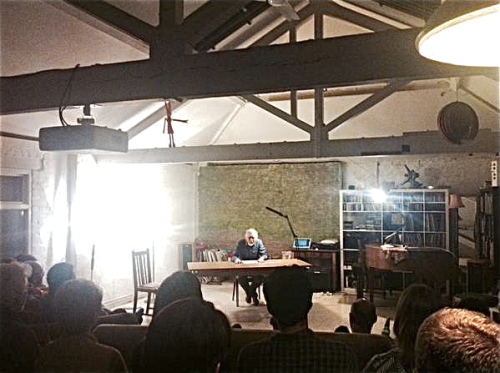failures of determination
Massive amounts of what happens to you will happen via invisible and/or unparsable causal chains. Much of life, you will never know it happened at all, let alone to you. Much of what happens around you you will never even notice. The search for causality–though causality is everywhere utterly present and dependable–means to welter around looking for explanations you can’t have, using epistemologies and ontologies that are at best provisional. Why waste time, especially in fiction. Let’s have some representation in fiction for everyone who, without knowing it, puzzles through their lives in what used to be called “a dream”. Because that is all of us. Solepsism, narcissism, self-involvement are the wrong words for it. They come loaded with the meaningless judgements of a past that thought parsable causality was not just a thing, but a thing you had a responsibility to consciously engage with; they thus suffer catastrophic failure when required to describe the act of wandering through thick fog in a country you have already failed to recognise as foreign in a condition of mild irritation because you’re thinking about something else.
